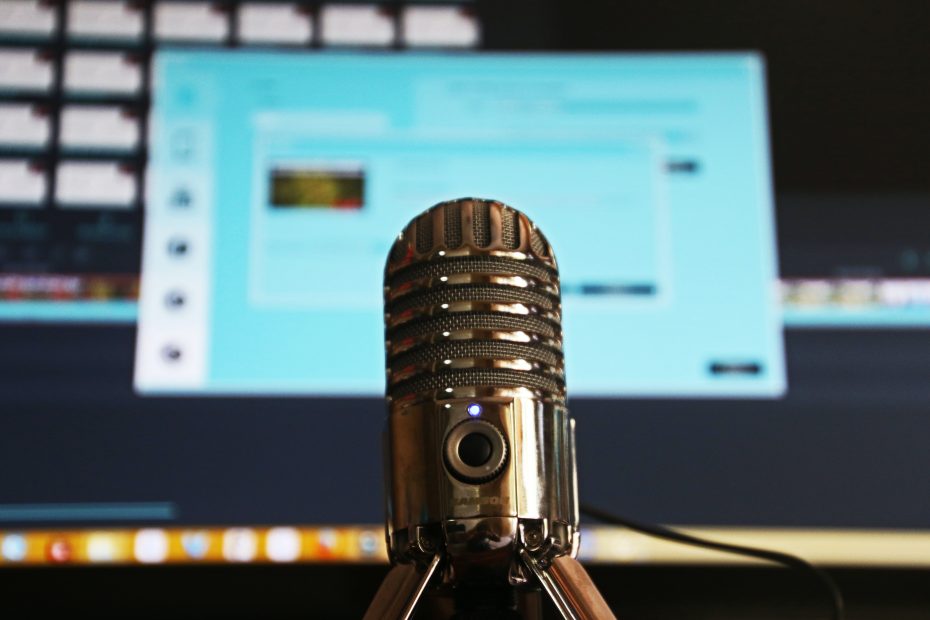In the world of creative content creation, whether it be for videos, podcasts, or any other digital media, music plays a vital role in creating the right atmosphere and setting the tone. Music has the power to captivate audiences, evoke emotions, and convey messages in a way that words alone cannot. However, using copyrighted music without permission can lead to legal issues and hefty fines. This is where royalty-free music comes into play.
Royalty-free music refers to a type of music that can be licensed for use in a creative project without having to pay ongoing royalties or licensing fees. This means that once the music is licensed, it can be used multiple times, in multiple projects, without having to pay any additional fees. It’s an excellent option for creators who are looking for high-quality music that won’t break the bank.
One of the most significant advantages of using royalty-free music is that it’s easy to find and license. There are a plethora of websites and online platforms that offer royalty-free music libraries. These libraries can contain thousands of tracks, ranging from various genres and moods to fit any creative project’s needs. These libraries can be searched by keywords, genres, and moods, making it easy to find the perfect track for a specific project.
Another advantage of using royalty-free music is that it’s legal. Using copyrighted music in a creative project without obtaining permission from the copyright owner is illegal and can lead to legal issues. Royalty-free music is music that has been specifically created for licensing purposes, meaning that the copyright owner has given permission for the music to be used in creative projects. This means that creators can use royalty-free music in their projects without worrying about any legal repercussions.
Furthermore, royalty-free music is often much more affordable than licensing copyrighted music. Licensing fees for popular songs or tracks can be expensive, with fees ranging from hundreds to thousands of dollars, depending on the length and type of project. Royalty-free music, on the other hand, can be licensed for a much lower fee, often for a one-time fee, making it much more accessible for creators on a budget.
